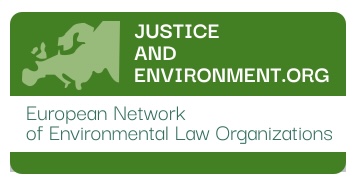

Since October 2023, Slovakia has witnessed a significant political transition as nationalist and pro-Russian forces assumed power, marking a departure from previous governance. The new government launched a brutal attack against the rule of law in the first months after being named. Its agenda has also raised concerns regarding environmental protection, which appears to have taken a backseat to other priorities. The government’s program declaration signaled a shift in focus, indicating that environmental concerns may be perceived as obstacles rather than priorities. Subsequently, a series of legislative proposals entered the fray, drawing criticism for their potential detrimental effects on environmental safeguards.
One notable proposal involved the introduction of a new law on strategic investments, designed to expedite investment processes for public investors. However, this raised alarm among environmental advocates as it threatened to sideline crucial environmental considerations in favor of rapid development. Fortunately, the intervention of a broad coalition of Slovak environmental NGOs, supported by over 6,000 individuals through an online petition portal, led to significant improvements in the legislation, albeit with ongoing scrutiny. The revised proposal now awaits a vote in Parliament.
Another contentious issue revolves around proposed amendments to the Environmental Impact Assessment (EIA) Act, which risk undermining established environmental standards. The amendments have been criticized for restricting access to information and public participation in EIA procedures, contravening the principles outlined in the Aarhus Convention. Once again, a coalition of Slovak NGOs has mobilized to voice concerns and prepare comments on the proposed amendment of the EIA Act. Currently, NGOs are awaiting negotiations over their comments with the Ministry of Environment.
The developments in Slovakia highlight the delicate balance between economic interests and environmental sustainability. While the new government may seek to prioritize rapid development, it is imperative to ensure that environmental considerations remain integral to legislative processes. The engagement of civil society organizations and the broader public demonstrates a commitment to safeguarding environmental integrity and advocating for transparent governance. As Slovakia navigates these political and environmental challenges, the outcomes of ongoing negotiations and legislative decisions will shape the country’s trajectory in the years to come. The resilience and activism of environmental advocates serve as a testament to the importance of collective action in safeguarding the planet for future generations.

